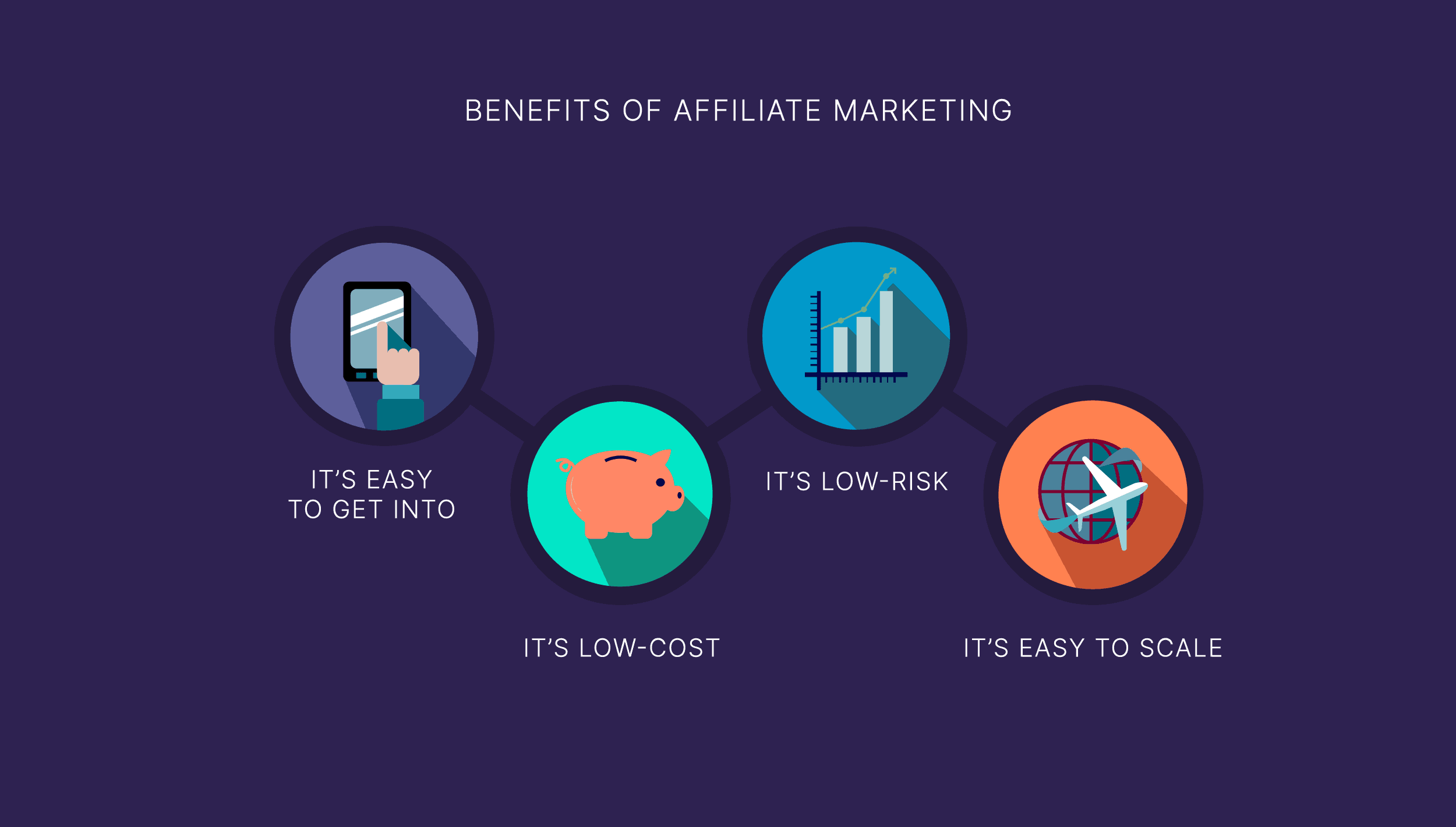
 2025-06-20
2025-06-20
SEO for Affiliate Marketing Success: A Practical Guide
Search Engine Optimization (SEO) is a critical tool for affiliate marketers aiming to drive traffic and increase commissions. By optimizing content to rank higher on search engines like Google, affiliates can attract organic visitors who are more likely to engage with their links. This article explains how SEO works in affiliate marketing and offers practical strategies to maximize its impact.

Why SEO Matters for Affiliate Marketing
SEO involves improving a website or content to rank higher in search engine results for relevant keywords. For affiliate marketers, this means more visibility for their content, such as blog posts, reviews, or product comparisons, which contain affiliate links. Higher rankings lead to increased traffic, which can translate into more clicks and conversions. Since organic traffic is free, SEO is a cost-effective way to grow an affiliate business.
Keyword Research: The Foundation of SEO
Effective SEO starts with finding the right keywords. These are the terms people type into search engines when looking for products or information. For affiliate marketers, keywords should align with the products or services they promote.
- Use tools like Google Keyword Planner, Ahrefs, or SEMrush to identify keywords with high search volume and low competition.
- Focus on long-tail keywords, such as “best wireless earbuds for running,” which are specific and often have higher conversion rates.
- Analyze competitors’ keywords to find gaps or opportunities in your niche.
Creating High-Quality Content
Content is the backbone of SEO and affiliate marketing. Search engines prioritize content that is valuable, relevant, and user-focused. Here’s how to create content that ranks well and drives affiliate clicks:
- Write in-depth product reviews or guides that address user needs and include affiliate links naturally.
- Use clear, engaging language and structure content with headings, bullet points, and images for readability.
- Incorporate target keywords in titles, headers, meta descriptions, and throughout the text, but avoid keyword stuffing.
- Answer common questions related to your niche to capture featured snippets or “People Also Ask” results.
On-Page SEO Techniques
On-page SEO involves optimizing elements on your website to improve rankings. Key practices include:
- Optimize title tags to include primary keywords and keep them under 60 characters.
- Write compelling meta descriptions (under 160 characters) that encourage clicks.
- Use descriptive URLs, like www.example.com/best-laptops-2025, instead of generic ones.
- Ensure fast page load times by compressing images and using reliable hosting.
- Add internal links to related content on your site to keep visitors engaged and improve site structure.
Building Backlinks for Authority
Backlinks, or links from other websites to yours, signal to search engines that your content is trustworthy. For affiliate marketers, backlinks can boost rankings and drive referral traffic.
- Reach out to bloggers or websites in your niche for guest posting opportunities.
- Create shareable content, like infographics or ultimate guides, that others want to link to.
- Engage in online communities, such as forums or social media groups, to share your content strategically.
- Avoid low-quality or spammy backlinks, as they can harm your rankings.
Technical SEO for Affiliate Sites
Technical SEO ensures your website is accessible and easy for search engines to crawl. Key considerations include:
- Make your site mobile-friendly, as most users browse on smartphones.
- Use HTTPS for secure connections, which is a ranking factor.
- Create an XML sitemap and submit it to Google Search Console to help search engines index your pages.
- Fix broken links and redirects to improve user experience and site performance.
Tracking and Refining Your Strategy
SEO is an ongoing process that requires monitoring and adjustments. Use tools like Google Analytics and Google Search Console to track traffic, rankings, and click-through rates. Pay attention to which pages drive the most affiliate conversions and optimize them further. Experiment with new keywords or content formats to stay ahead of competitors and adapt to search engine algorithm updates.
Avoiding Common SEO Pitfalls
Affiliate marketers must navigate SEO carefully to avoid penalties. Common mistakes include:
- Overloading content with affiliate links, which can seem spammy to users and search engines.
- Ignoring disclosure requirements, such as stating affiliate relationships to comply with regulations.
- Focusing solely on high-competition keywords, which can be hard to rank for as a new site.
- Neglecting user experience, such as slow load times or poor navigation, which can increase bounce rates.
SEO is a powerful ally for affiliate marketers, offering a sustainable way to drive traffic and boost earnings. By researching keywords, creating valuable content, optimizing on-page elements, building backlinks, and maintaining a technically sound website, affiliates can achieve long-term success. With consistent effort and adaptation, SEO can transform an affiliate site into a reliable source of organic traffic and revenue.








